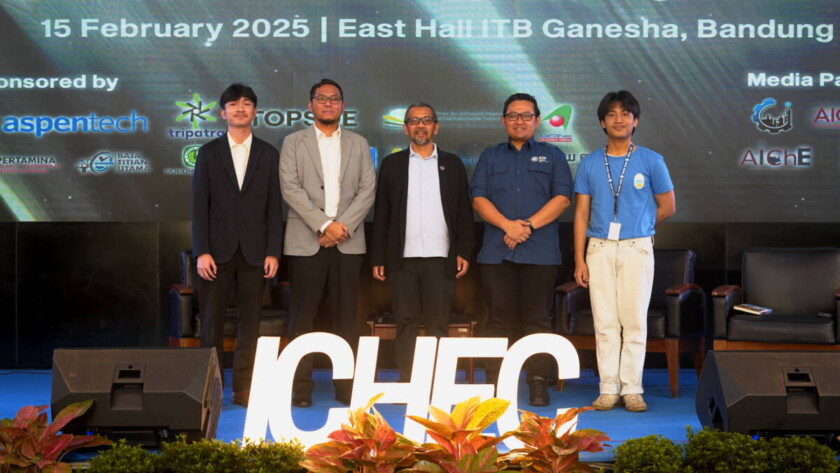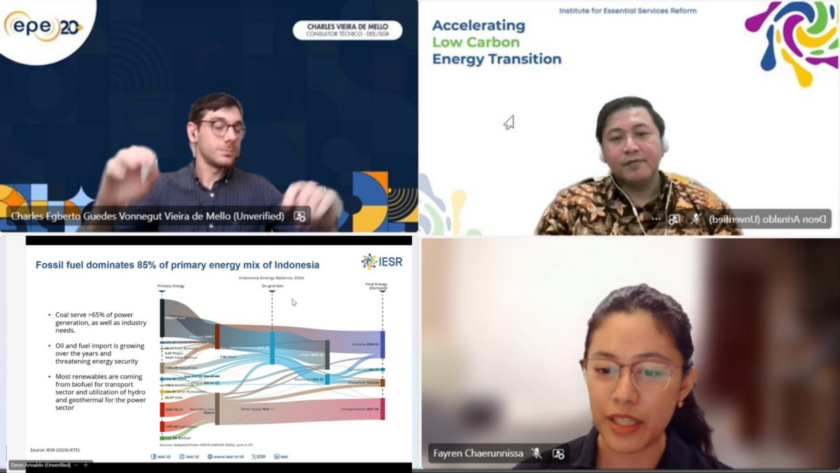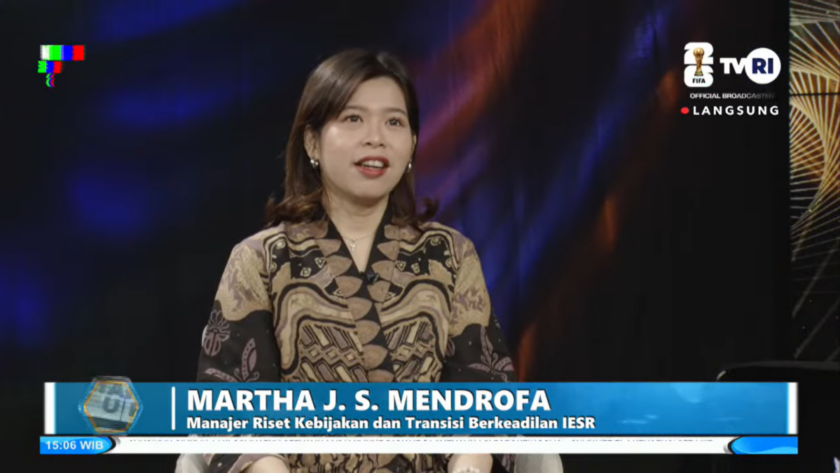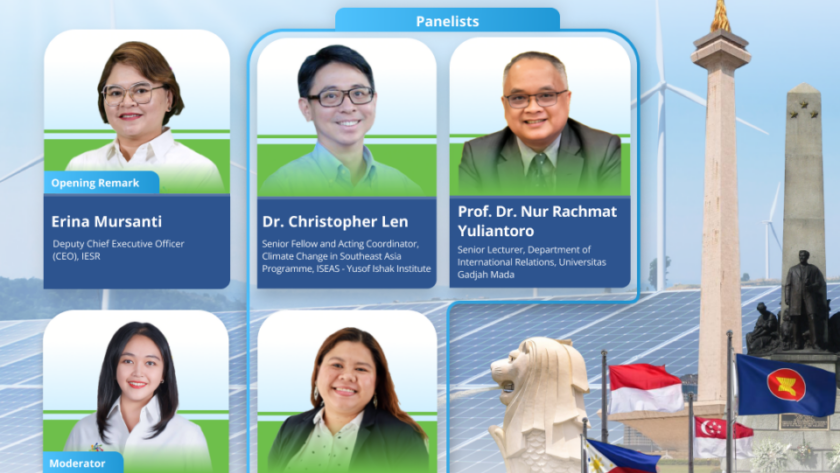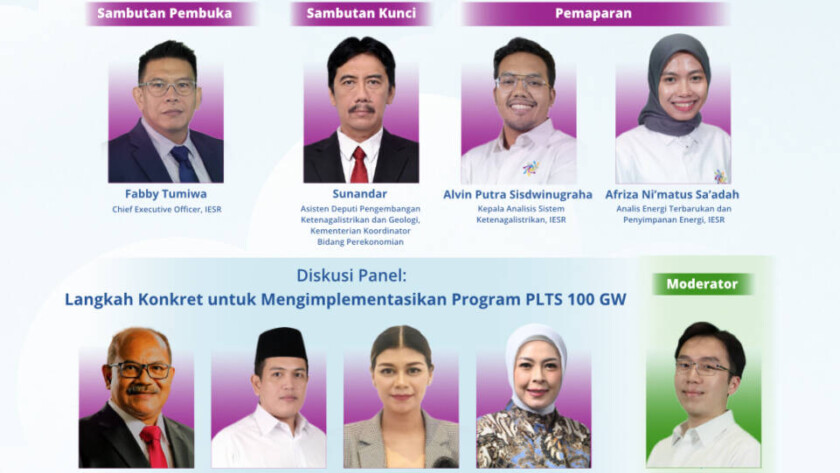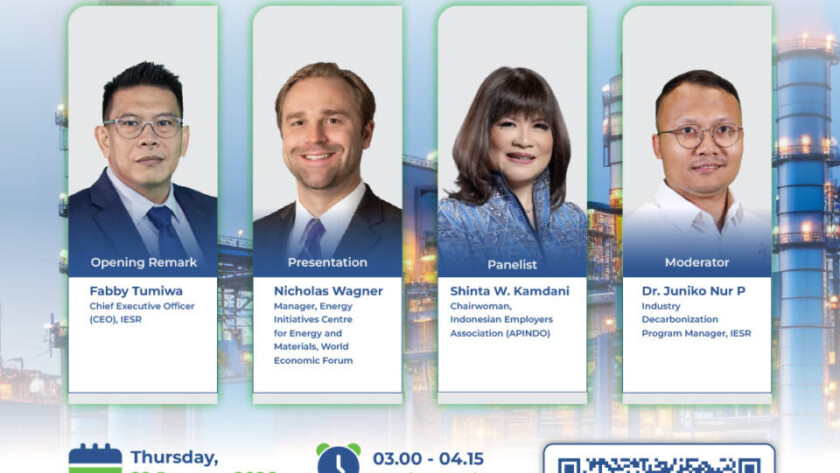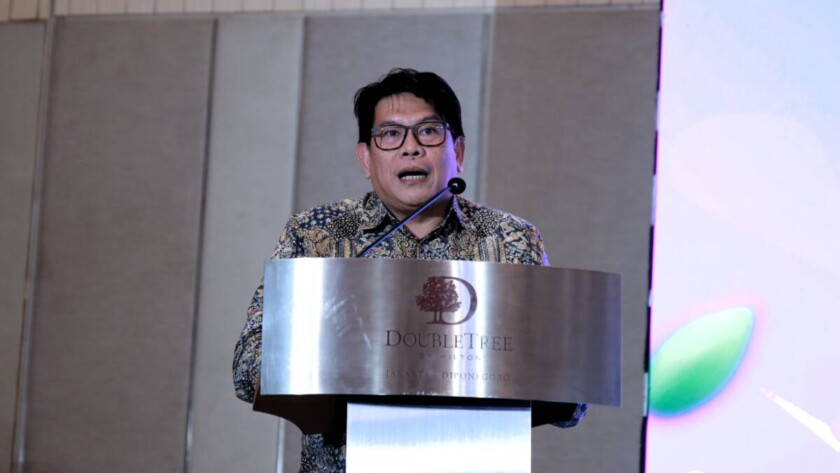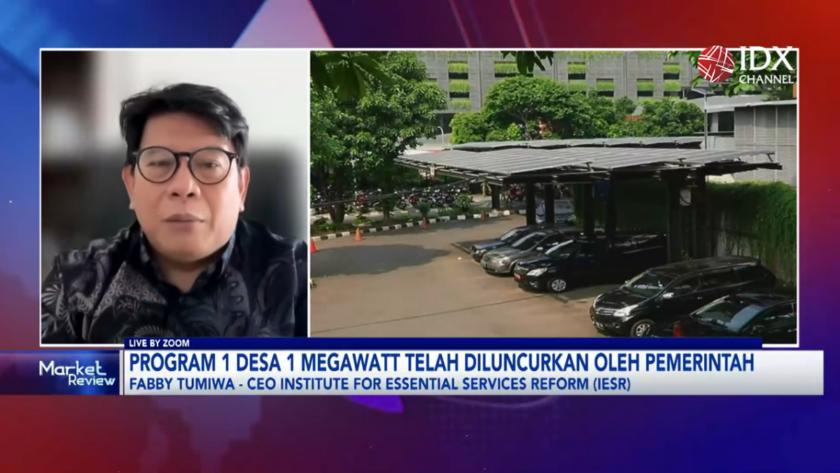Jakarta, February 20, 2026 – Energy transition is often perceived as an expensive agenda that burdens the economy. However, according to Reananda Hidayat, Sustainable Mobility, Clean Environment, and Buildings Staff at IESR, this assumption is no longer relevant given recent developments. According to him, renewable energy technology has actually become the most economical choice today.…
